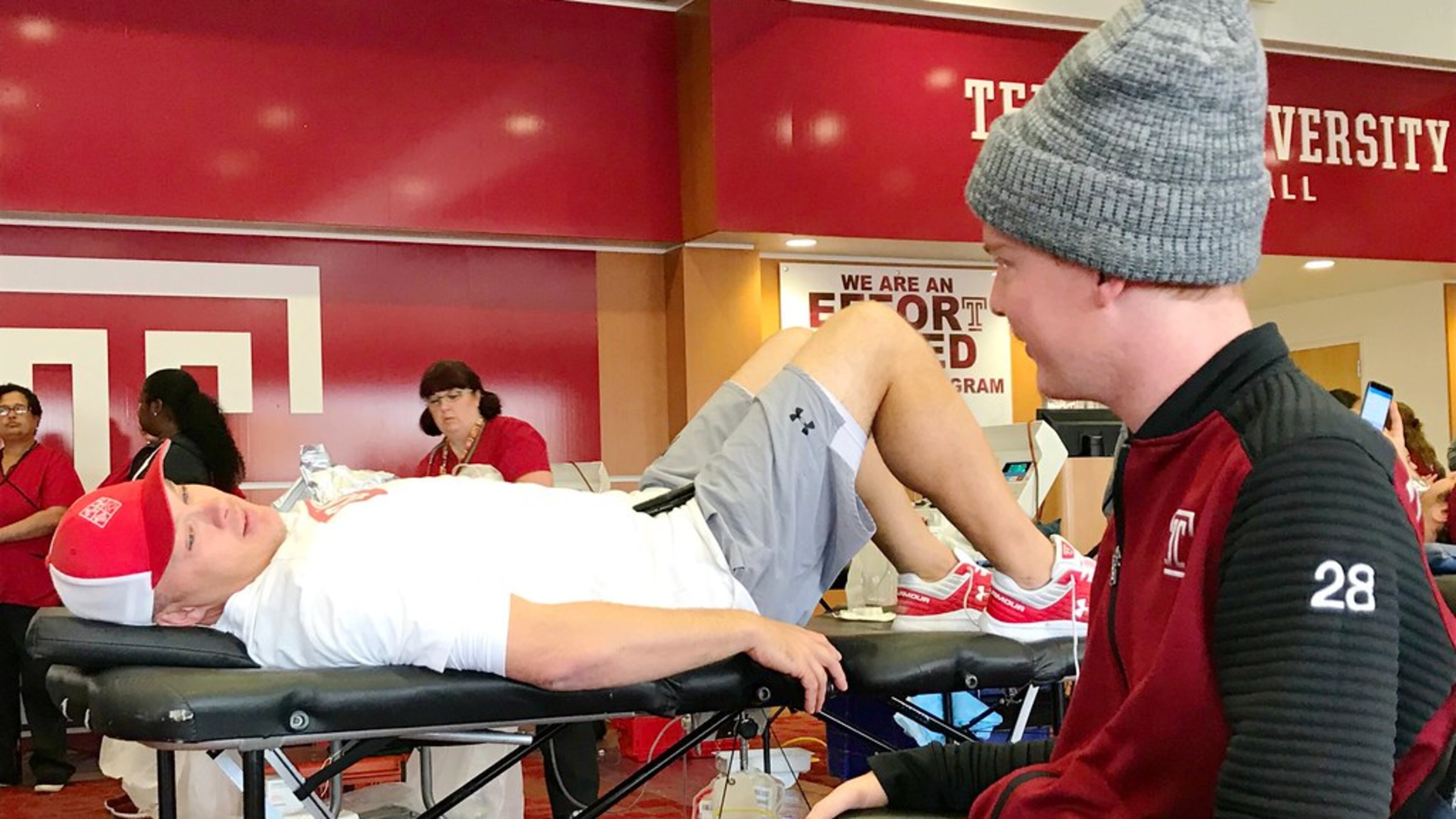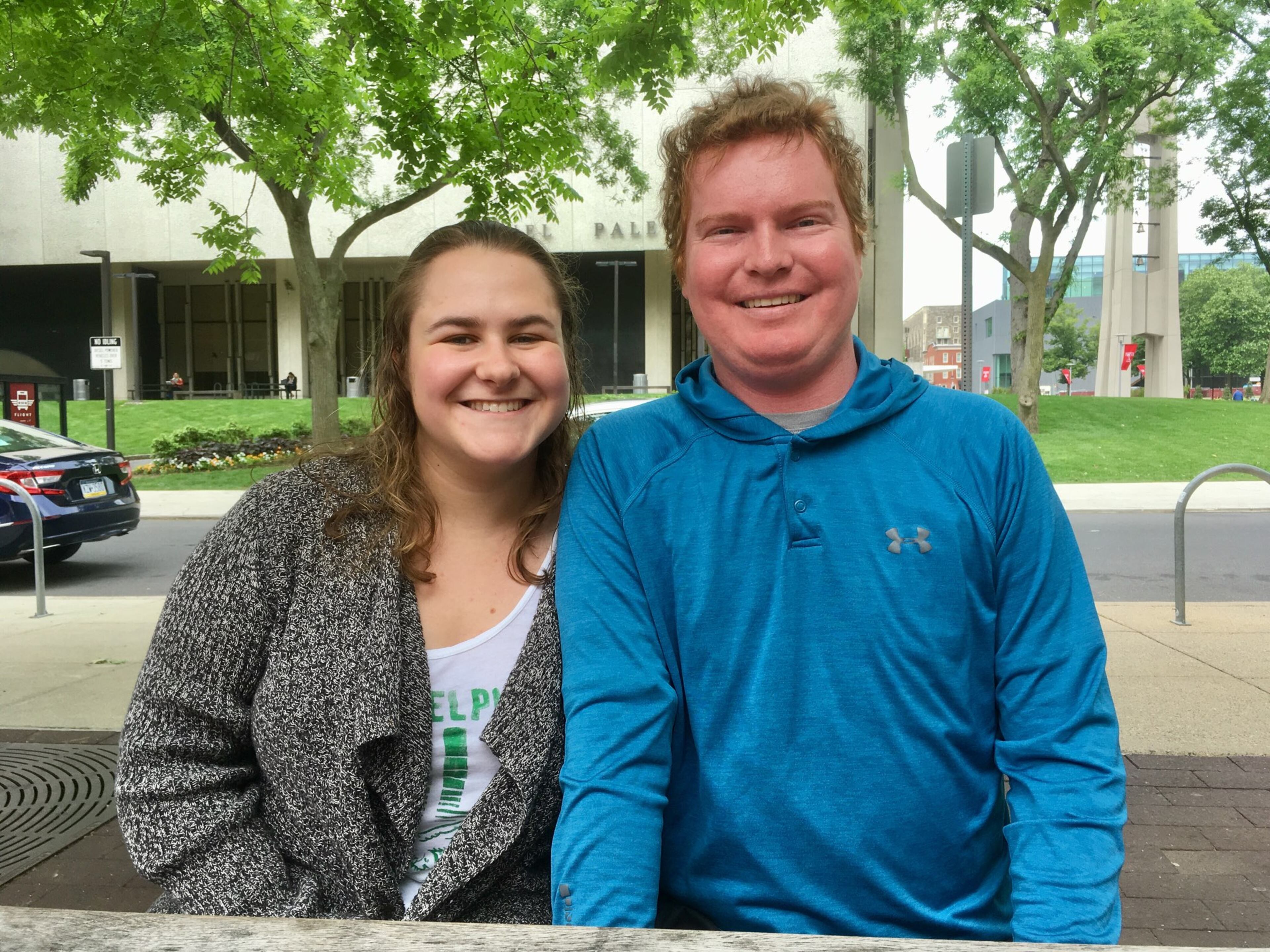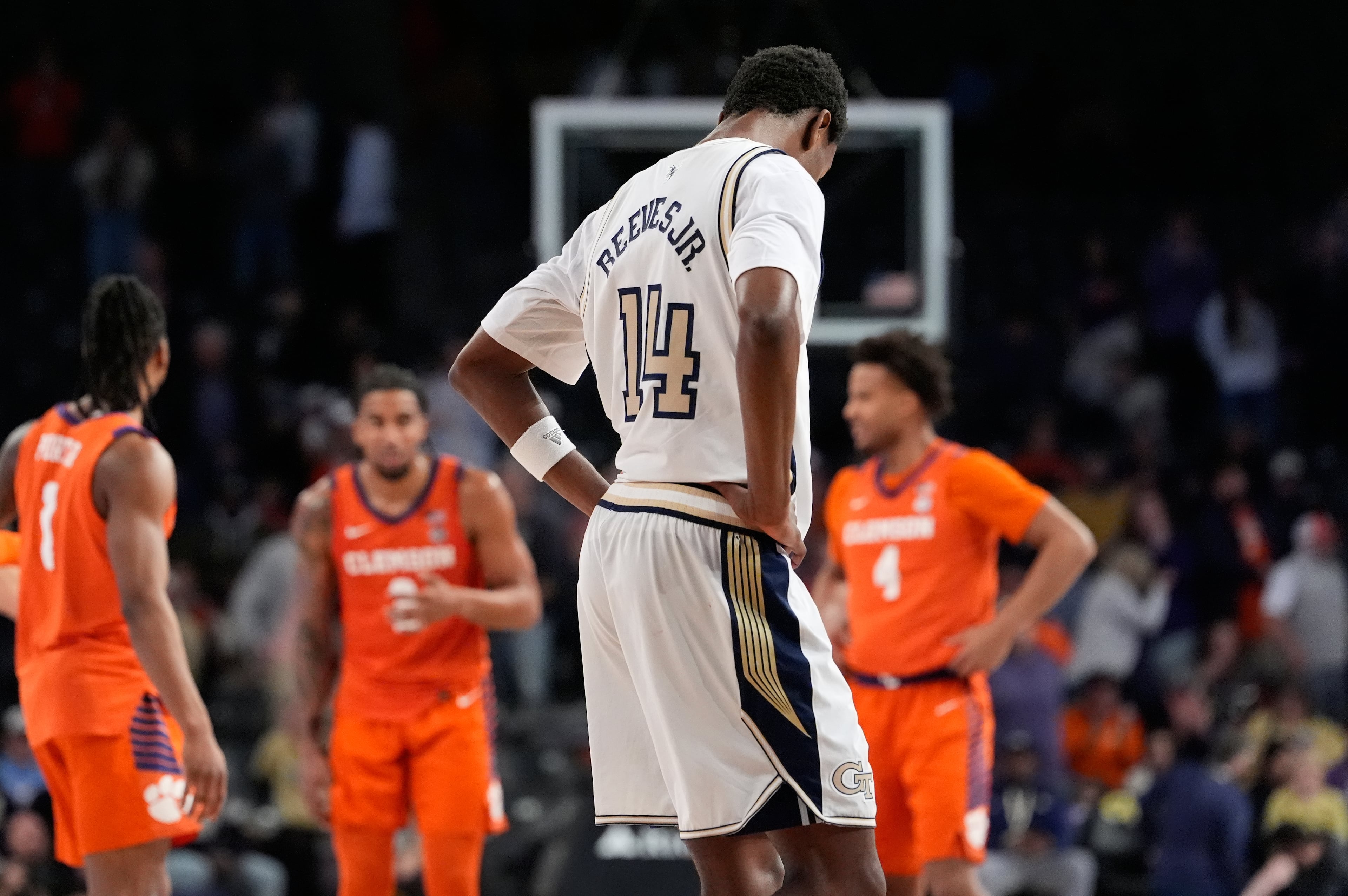When ‘El Diablo’ was in need, Geoff Collins was there

On Aug. 31 of last year, Kane Ivers-Osthus was feeling miserable and, in fact, was hours from being diagnosed with a rare cancer that nearly claimed his life. But, as an equipment manager for Temple and a close aide to then-Owls coach Geoff Collins, he needed to get his coach his cough drops.
The two had first met in 2015, when Ivers-Osthus was an undergraduate at Florida working in the football equipment room and Collins was the Gators’ new defensive coordinator. Collins took a liking to Ivers-Osthus, having him take on tasks like setting up drills at practice and jumping up and down and waving a “Money Down” sign on third downs at Gators games. He gave Ivers-Osthus a nickname — “El Diablo.”
» More: Collins' influence extends beyond football field
“He just liked me and he said, ‘Hey, you’re my guy,’ ” Ivers-Osthus said.
When Collins was hired at Temple in December 2016, his first head-coaching job and the one that led to his hire at Georgia Tech last December, Ivers-Osthus was one of his first hires, bringing him up from his home state of Florida.
“He was my righthand man,” Collins said. “Just a positive attitude every day, relentless work ethic. No job was too big or too small, took pride in every single thing that he did and was just an invaluable member of the defensive staff when I was at Florida.”
So it was that, despite suffering from severe flu symptoms, Ivers-Osthus tended to his duties. Cough drops are a must-have for Collins on game days because of his constant yelling. So on the day before Temple’s season opener against Villanova, on his way home from work, Ivers-Osthus picked up a bag. Such was his declining condition, though, that he doesn’t even remember making the purchase.
The next several months revealed further the depth of Ivers-Osthus’ will and also the loyalty of a coach for whom the slogan “Family Over Everything” has become part of the Yellow Jackets’ branding. As Ivers-Osthus fought to survive and then pushed through chemotherapy and rehabilitation, Collins rose to the call of supporting him.
“That’s not a face,” Ivers-Osthus said of Collins’ team-as-family approach. “That’s genuine.”
On a clear May morning on the Temple campus, Ivers-Osthus, 25, and his girlfriend Sarah Galbraith shared the story of his overcoming cancer with the AJC. Sitting at a picnic table near a row of food stands, they recalled how it began with a flu diagnosis, with Ivers-Osthus feeling so chilled even in the August heat of the football preseason that he had to get in the hot tub and lie on the artificial turf to warm up.
Galbraith wanted him to go back to the doctor, but he insisted that he was fine. Finally, on the day he went to get the cough drops — the same day his parents flew up from Florida to visit — Ivers-Osthus went to the hospital. Not only was he diagnosed with acute promyelocytic leukemia, an aggressive and rare form of leukemia, but he had also suffered a stroke, a complication of the leukemia.
By the next day, having significant difficulty breathing, he was medically induced into a coma. The stroke and then two different episodes of lung inflammation, likely caused by the leukemia, threatened his life.
Asked to assess his condition at the time, Ivers-Osthus’ doctor, Saar Gill at the University of Pennsylvania hospital, said in an e-mail, “I would say the gravest it can be without actually dying.”
» Also: Collins' connection to AJC Peachtree Road Race
Ivers-Osthus was induced into a coma a second time as he and the Penn hospital staff fought for his life.
“It was scary because he and I were really, really close,” Collins said. “To see somebody that you care for and love so much go through that, (Temple football chief of staff Vince Sinagra) and I were going up there constantly to see him and his family.”
Over the next several weeks, Collins was at the hospital on a near-daily basis. Other coaches and staff visited, also. When Collins made visits when Ivers-Osthus was sedated, he “would come in and go, ‘C’mon, you’ve got to get better, you’ve got to get better,’” said Galbraith, Ivers-Osthus’ girlfriend. “And Kane’s (vital signs) would spike. When coach would walk in the room, it would go in a tizzy. And the nurses would be like, are you sure we want this man in here?”
Ivers-Osthus surmised his response as “the fear and the love (for Collins) at the same time.”

Collins’ wife Jennifer organized meals for Galbraith and Ivers-Osthus’ parents. Collins brought attention to a fund supporting his recovery and made a sizeable donation. As his parents’ stay extended, Collins supplied them with clothing. He FaceTimed Ivers-Osthus into meetings he would have been in and from the locker room after the team’s first win over the season, over Maryland.
“That was big,” Ivers-Osthus said. “It made you just keep fighting.”
In November, after he had been released from the hospital, Collins opened the football facility for a blood drive in honor of Ivers-Osthus and made a donation himself.
“He got very pale, but he stuck through it,” Galbraith said.
It was suggested to Collins that making frequent hospital visits is difficult for anyone, but especially so for someone in a time-intensive job like his.
“Yeah, but it’s the right thing to do,” he said.
Ivers-Osthus slowly recovered. When the cancer was declared in remission in mid-October, he was dismissed from the hospital. He was discharged from a rehab facility a month later. He stopped using a wheelchair in December.
“He was always very positive,” Gill said. “I think what helped was the enormous supportive and positive energy from his girlfriend and his family and friends.”
In late May, he finished a grueling chemotherapy regimen — four weeks of daily four-hour treatments followed by four weeks off — while he continued his rehabilitation to regain use and strength in the left side of his body that was lost with the stroke.
It was grueling work, regaining muscle mass and learning again to sit up and walk. He recently returned to Temple on a part-time basis.
“He’s tough,” Collins said. “He fought through something that a lot of people (might not). It’s a tough time and just his relentlessness and attitude and positivity, I think he got through.”
Even after Collins was hired at Tech, they continued to keep in touch through text messages and phone calls. He invited Ivers-Osthus and Galbraith down for the spring game.
“You’re never going to be able to repay him for everything he did,” Ivers-Osthus said.
Ivers-Osthus has been around the business long enough to know how it works. On the day after he was hospitalized, Temple lost to Villanova, a crosstown FCS opponent that was a two-touchdown underdog. The Owls lost again the following Saturday to Buffalo to fall to 0-2, hardly ideal for the second-year coach.
It would have been easy for Collins to simply wish Ivers-Osthus well, keep tabs through an assistant and bury himself in the task of turning the team around (which he did anyway, as the Owls won eight of their final 10 regular-season games). Collins could have run, Ivers-Osthus said.
“I guess he did run,” he said, correcting himself. “He ran towards us.”
As it turns out, the two will reconnect soon. Ivers-Osthus accepted a job offer from Collins to be an assistant equipment manager at Tech. He gave Temple his notice Monday and will start July 15 in Atlanta.
“I’m excited to get back below the Mason-Dixon line, really, but, yeah, I’m excited,” Ivers-Osthus said. “It seems like he’s got a good thing going down there, so I really can’t wait to help him keep that going and be a part of that down there.”
As for the cough drops, Ivers-Osthus brought them to the hospital, intent on fulfilling his obligation. Collins eventually picked them up and promised Ivers-Osthus that he would open the bag when Ivers-Osthus returned. He kept the bag at his desk at Temple.
Recently, Collins was asked about the cough drops.
“Hold on one second,” he said by phone. He paused to rummage through his desk in his office overlooking Bobby Dodd Stadium. “I’ve got ’em right here.”


